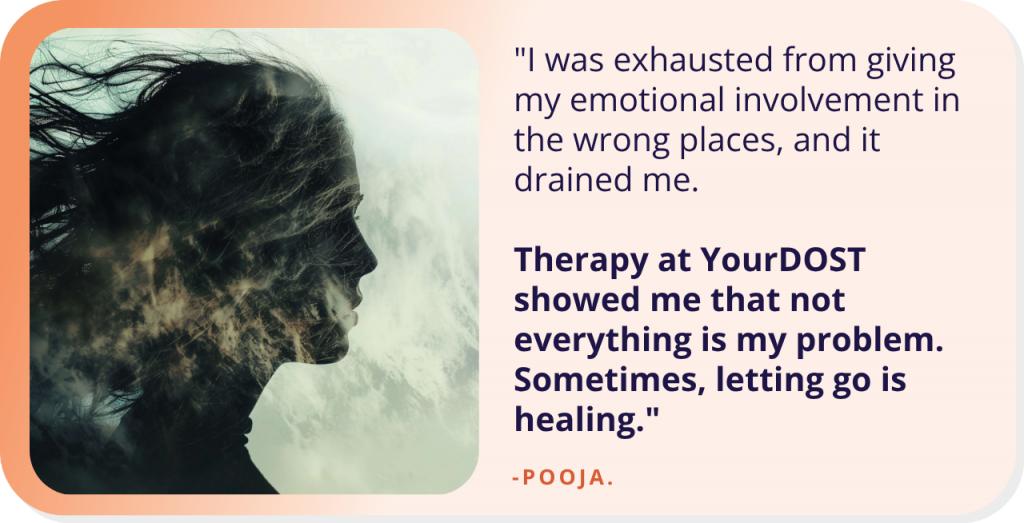4 Factors That Make Today's Children, Tomorrow's Men
The human brain is one of the first organs to start developing in a fetus. It starts developing right after three weeks of conception. Research shows that a child’s brain is more open towards learning and enriching influences when compared to grown ups. This explains why children are more curious towards things around them and are always excited to explore new places and learn more about different habits.
It is also true that this exposure the child gets in his or her early age develops his or her personality in future. Although, genetics has its own part in forming a child’s temperament and personality but studies suggest that learning and experiences from people and situations around also plays a crucial role in a child’s development.
What Neuroscience has already confirmed about a Child’s Mental Development:
- The first five years for a child leaves a lifelong impact. Evidence shows that early experiences influence brain development, and can have a long-term effect on the wellbeing.
- Children are born to learn. They learn through being engaged and doing.
- Children learn by watching and copying.
- Good nutrition, health, and exercise are critical for a child’s development.
Prominent influences in early childhood:
Parents:
Children’s brains are almost 90% developed by the time they are 3-years old. During these years, they spend most of their time with their parents at home. Hence, parenting plays a crucial role in shaping a child’s overall development. A father’s contribution is important but a mother’s role is the most significant and she is the primary influence in a child’s life.

A survey found that parenting practices are strong predictors of a child’s emotional, social, cognitive and behavioral outcomes. It is observed that a positive relationship, consistent parenting, adequate supervision and involvement of parents have a positive impact on a child’s development whereas separation from mothers, lack of positive relationship, parenting conflicts, mother’s psychological illness leads to behavioral problems in children.
Siblings:
Siblings provide an important context for the development of a child. During early childhood, older siblings mostly act as caretakers, in the absence of their mothers. While playing siblings give opportunities to their younger ones to use their cognitive skills in convincing others their point of view, to manage disagreement in constructive ways and help them to learn to regulate both positive and negative emotions in socially acceptable ways.

But again sibling conflicts are very normal and if they are not properly resolved then it may lead to aggression, abusive nature, and violence in young minds. Researchers suggest that conflicts between siblings during their childhood is also associated with poorer adjustment later in life. For instance, such conflicts can result in violent tendencies in their adult life.
Grandparents:

Grandparents also play an important role in a child’s development. Grandparents are historians, mentors, story-tellers, role models and friends. A strong and positive relationship between grandparents and grandchild in early childhood plays a vital role during later phases of life. This strong bond becomes very crucial during the early-adolescence of the child when most often disagreements arise between the parents and the child.
Preschool/kindergarten

Children benefit a lot from early education programs. Normally children start going to preschool at the age of 3 when children learn things at a very fast rate. Research shows that kindergarten programs can positively influence a child’s learning and development. It helps in enhancing child’s positive behavior, constructive thought process, problem-solving skills, language skills ,socialization and learning capacity. Even music and dance programs in preschool help the brain to organize thoughts and behaviors. Simple activities such as clapping to music or jumping in time to a beat, stimulates brain function.
It is our responsibility to provide children a safe, loving and secure environment. It has positive influences and helps in their development in a normal and healthy manner compared to that of a traumatized child, according to the National Scientific Council on the Developing Child.
Also Read:





